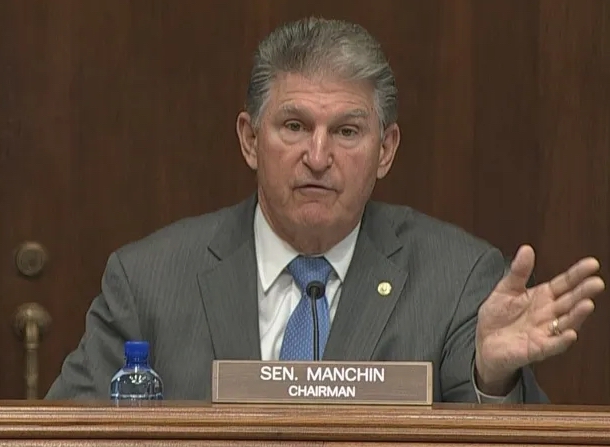Rachel Bovard writes for the Federalist about a procedural maneuver U.S. Senate Republicans could use to block an objectionable Supreme Court nominee.
[E]ver since 2017, when Senate Republicans invoked the nuclear option to confirm Supreme Court justices at a simple majority, instead of at the usual 60 votes necessary to break a filibuster, there has been procedurally little minorities can do to prevent a nomination from moving forward (the outright lies, smears, and chaos tactics Senate Democrats employed against Justice Brett Kavanaugh notwithstanding).
This conventional wisdom, however, is true only of Senates that present a clear minority-majority differential. The Senate of 2022 is tied, with 50 Democrats and 50 Republicans, which presents Republicans with an interesting procedural option: denying a quorum in the Senate Judiciary Committee, thus preventing the nomination from being reported out of committee and placed on the calendar, and ultimately moved to the Senate floor.
In parliamentary practice, a quorum is the number of members that must be present to hold votes and conduct official committee business. By failing to show up to vote on the nomination in committee, Republicans could prevent the nomination from reaching the Senate floor by appealing to the Senate’s Rule 26, which requires that a majority of members, physically present, report the bill out of committee. …
… What has made this strategy ineffective in the past — namely, a Senate majority being able to present a numerical majority of their members in committee — is what makes it work in 2022, where the Senate’s committee membership, reflecting the makeup of the Senate, is in a tie. …
… In a 50/50 Senate, committee ratios (the number of Democrats to Republicans) are also tied. This means Senate Democrats on the Judiciary Committee could not, by definition, present a physical majority of members on their own. To meet the requirements of Rule 26, they need Republican help.
Should they follow the 2020 actions of Graham and attempt to send the nomination to the Senate’s calendar with only Democrat votes, the nomination would be in violation of Rule 26 and thus ineligible to be moved forward.


